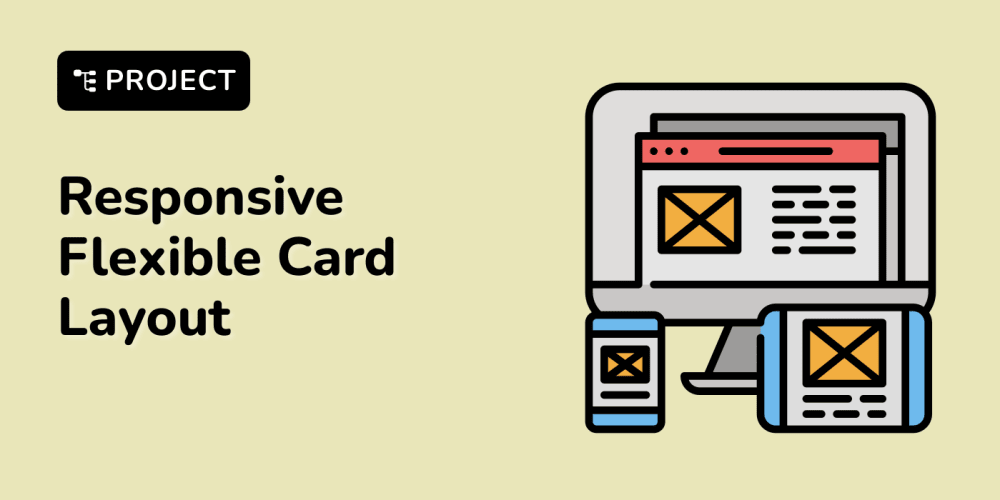- Amber, a programming language that compiles to BASH
- The slippery slope of in-product messaging
- Daylight Computer, an alternative to Kindle and iPad?
Shell scripting times a million
Amber is a new programming language that allows you to write code converted into BASH shell scripts. The language's syntax is a mix of JavaScript, Python, and something else (Kotlin? Rust?). The idea is to write in a language with a modern syntax, type-safety, and safety features.
One of those safety features forces you to write code to handle failures whenever you run a shell command.
The syntax also makes it more apparent that command failures are being handled:
let files = ["config.json", "file.txt", "audio.mp3"]
loop index, file in files {
$mv {file} {index}{file}$ failed {
echo "Failed to rename {file}"
}
}
If you're only occasionally writing shell scripts, Amber may not be a priority for you. In such cases, linting tools like ShellCheck could be more beneficial. However, if you find yourself frequently writing shell scripts, to the point where you're considering Python or Ruby for better re-usability, then Amber is definitely worth your attention.
In-app tour guides are marketing
It's an interesting take, though I can't entirely agree. In-product messaging helps guide users/customers through new product features, regardless of whether the new feature's user experience is well-designed.
In-product messaging is another marketing touchpoint that informs the customer about a feature that may not be part of their typical workflow. Not to mention, once a customer/user has seen them, they won't reappear. Think about it this way: from a B2B SaaS perspective, the customer gets an email about a new feature release, logs into the app, and sees a small notification icon or a banner on the page about the new feature release. They go to some other page and get invited to go through a tour of the feature. This kind of repetition is needed even for well-designed user experiences.
A tablet you might use every single day
The Daylight Computer is a mix between the Kindle and the iPad. The screen resembles the Kindle screen, and it has the form factor of an iPad, including a stylus. It is extremely interesting that the screen's refresh rate is much higher than the typical ebook reader. It's high enough to be a tablet.
The Daylight Computer, DC-1, runs Android, so you can run any Android tablet app on it with a kinder and gentler screen for the eyes.
Screen glare is not a problem with the DC-1.
I've bought a few tablets before and used them for reading, watching movies (and sometimes video games and coding). I use them once in a while. I also have a Kindle and use it every day.
It will be interesting to see whether the DC-1 lives up to the hype.




















